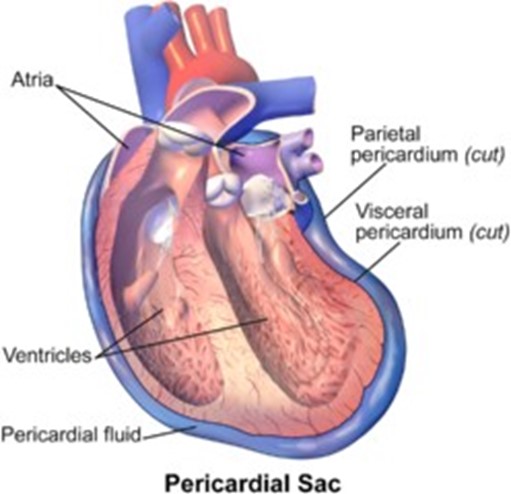As a result of the allergen-antibody reaction, mast cells release histamine:
False
True
The Correct Answer is B
As a result of the allergen-antibody reaction, mast cells release histamine.
This is because when mast cells are exposed to an allergen that binds to IgE antibodies attached to their FcɛRI receptors, they release histamine and other inflammatory mediators.
Histamine causes vasodilation, increased capillary permeability, mucus secretion, and smooth muscle contraction, which result in allergic symptoms such as itching, swelling, sneezing, and wheezing.
Mast cells do release histamine in response to allergen-antibody reactions. Some additional sentences are:
Normal ranges of histamine levels vary depending on the tissue and the method of measurement, but they are usually low in healthy individuals and elevated in allergic conditions.
Histamine can be degraded by enzymes such as diamine oxidase and histamine N- methyltransferase, or inhibited by drugs such as antihistamines.
Nursing Test Bank
Naxlex Comprehensive Predictor Exams
Related Questions
Correct Answer is A
Explanation
The correct answer is choice A. True.
Blood flow through a capillary is controlled by a precapillary sphincter, which opens or closes due to the requirements of the cells supplied by the capillary.
This allows blood to bypass the capillaries when they are not needed and to increase blood flow when they are needed.
Choice B. False is wrong because it contradicts the true statement in choice A. A precapillary sphincter is a ring of smooth muscle that surrounds the entrance of a capillary and regulates blood flow into it.
It is influenced by local factors such as oxygen, carbon dioxide, pH, and temperature.
Correct Answer is A
Explanation
The fibrous pericardium is the loose-fitting sac around the heart that protects it and anchors it to surrounding structures.

Choice B is wrong because the epicardium is the outer layer of the heart wall, also called the visceral pericardium, and it is not a sac.
Choice C is wrong because the endocardium is the inner layer of the heart wall that forms the lining of all heart chambers, and it is not a sac.
Choice D is wrong because the visceral pericardium is another name for the epicardium, and it is not a loose-fitting sac.
Whether you are a student looking to ace your exams or a practicing nurse seeking to enhance your expertise , our nursing education contents will empower you with the confidence and competence to make a difference in the lives of patients and become a respected leader in the healthcare field.
Visit Naxlex, invest in your future and unlock endless possibilities with our unparalleled nursing education contents today
Report Wrong Answer on the Current Question
Do you disagree with the answer? If yes, what is your expected answer? Explain.
Kindly be descriptive with the issue you are facing.
